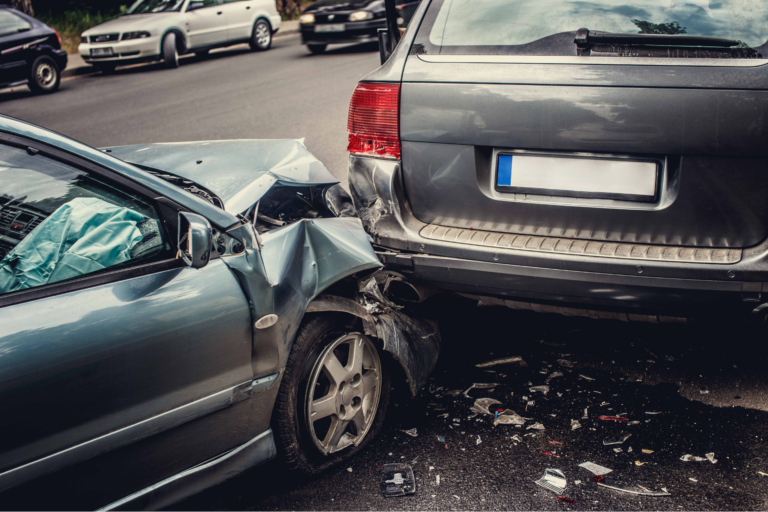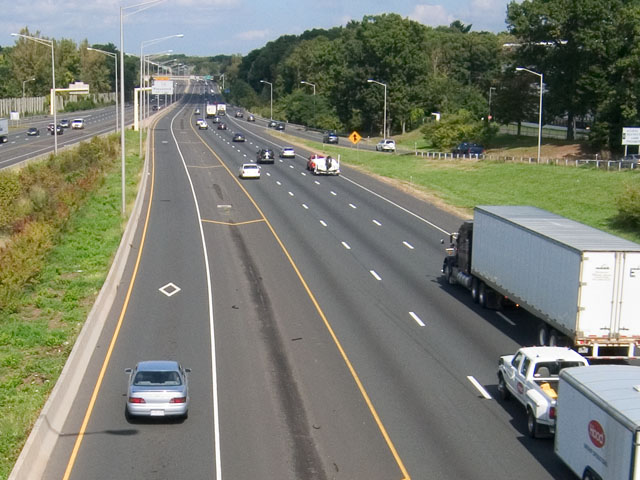Misdemeanor vs. Felony Traffic Violations
Not all traffic violations are created equal, and the type of violation you face can have different consequences for your record, insurance, and drivers license. Today we’ll explain the differences and help you understand your options for each.
Misdemeanor Traffic Violations
The usual and more common traffic violations are called “infractions” and would include speeding, improper stop at a stop sign, failure to signal, and even minor collisions. These are not classified as misdemeanor offenses, and as such are usually more minor in consequence (points on your license, fines). The following will often bump your violation into the class of misdemeanor:
- Someone is injured by the traffic violation
- Property is damaged by the traffic violation, such as another’s car or mailbox
- Driving without a license or insurance
- Reckless driving
- Disorderly conduct
Misdemeanor traffic violations will go on your criminal record and can include court and legal fees.
Felony Traffic Violations
If you’re guilty of committing a more serious traffic offense, you may be charged with a felony traffic violation. While these charges can depend on the severity of the incident and the local traffic laws, a felony traffic violation is usually associated with a DUI but can also include:
- Hit-and-run
- Vehicular homicide or manslaughter
- Driving under the influence of drugs or alcohol (DUI)
- Racing
- Fleeing law enforcement
- Repeated offenses of driving without license or insurance
Felony traffic violations incur much more serious consequences, such as permanent felony marking on your record, a breathalyzer for DUIs, suspension or revocation of a drivers license, criminal court proceedings, and legal fees.
If you’re facing a traffic violation, whether misdemeanor or felony charges, it’s in your best interest to seek legal representation to protect your rights and minimize any consequences. We’re practiced and ready to help you.




